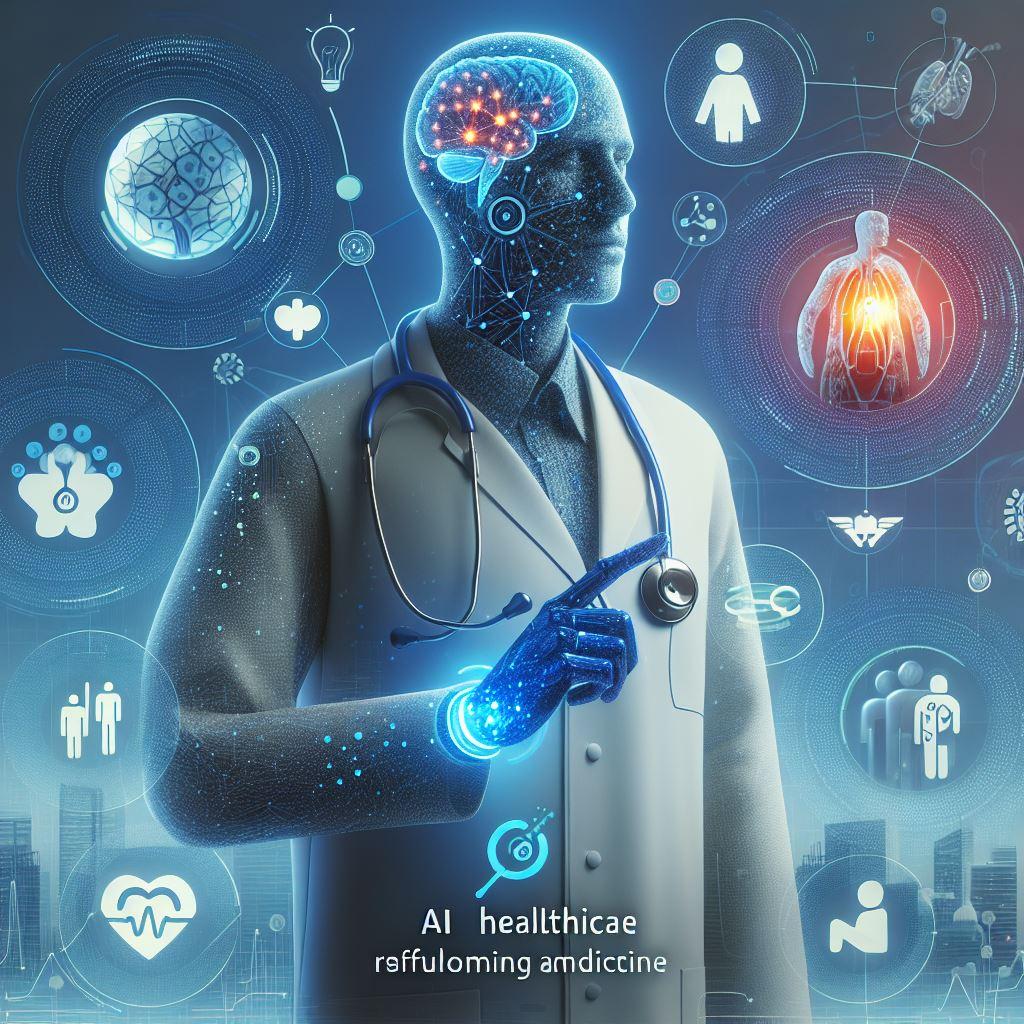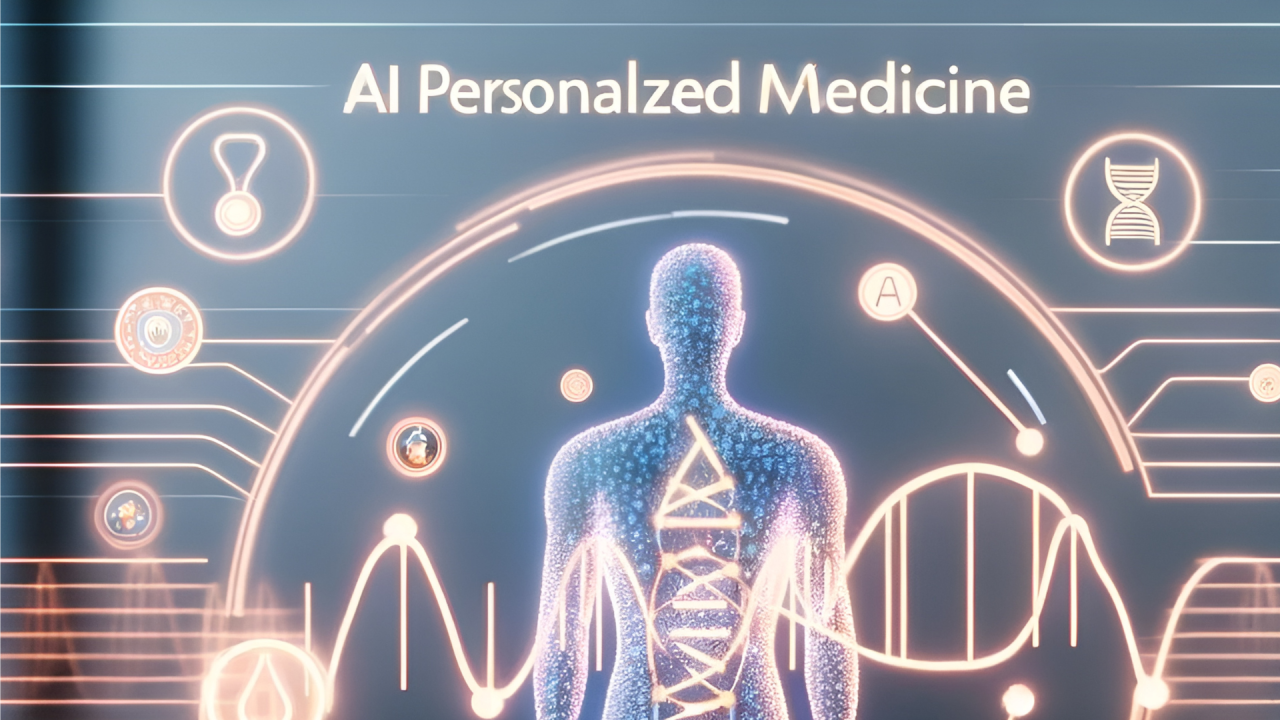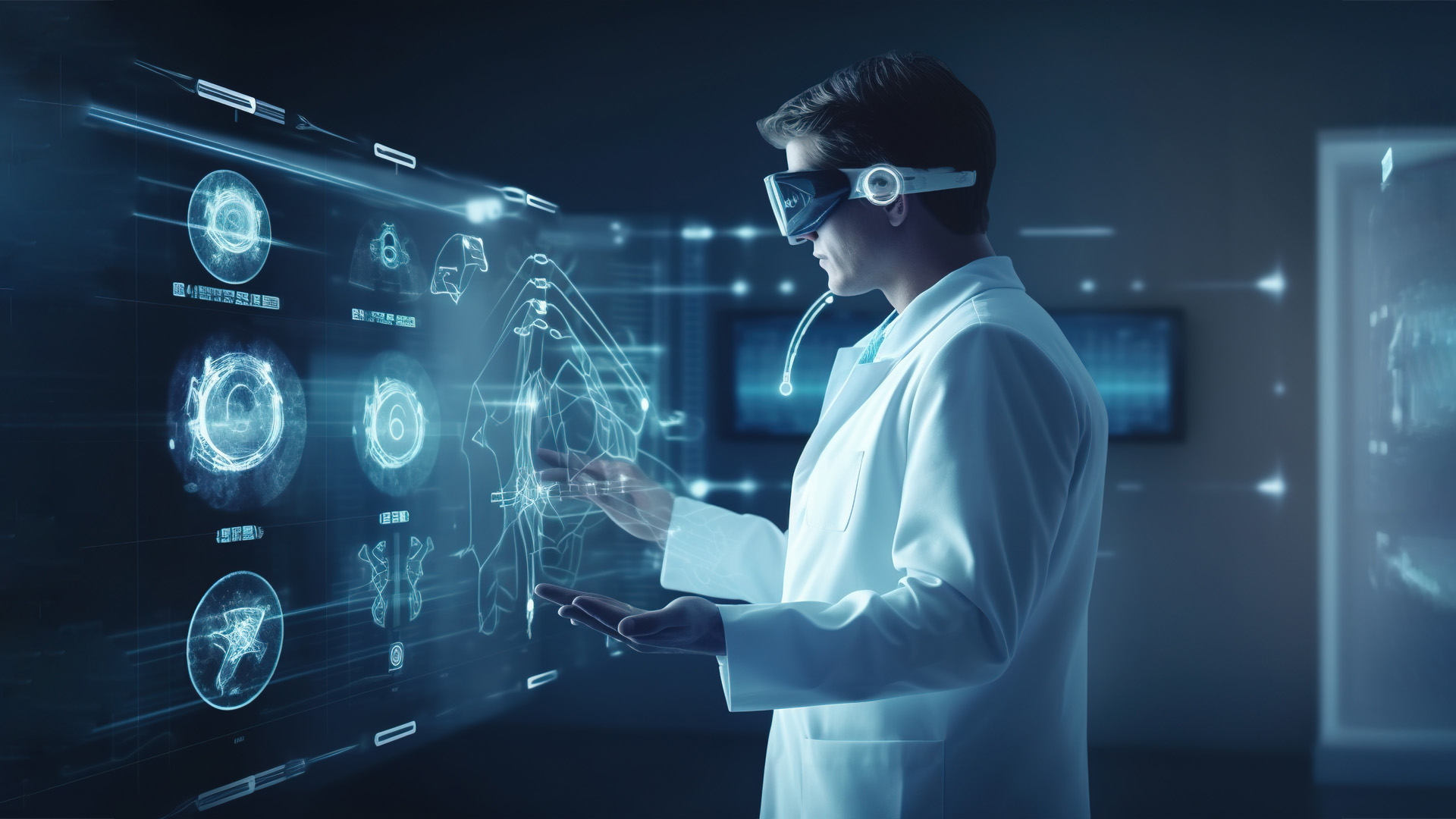With the rapid development of science and technology, artificial intelligence (AI) is gradually penetrating into various fields, and medical care is no exception. This article will explore the application of AI in the medical field in 2050 and depict the future of medical care. From diagnostic processes to treatment methods, they will be more efficient and personalized due to the introduction of AI. Today, we invited Dr. Wu Yuli, a neuroscientist at Formosa Biomedical i-Medical Health Clinic, to analyze the application and potential impact of AI in medical care in an easy-to-understand way.
 ❐ Medical scenarios in 2050: the birth of smart clinics
❐ Medical scenarios in 2050: the birth of smart clinics
Imagine that in 2050, you will no longer have to wait for a long time when you goto the hospital for treatment. The appointment time is accurate to the minute, and the person who greets you in the clinic may no longer be a doctor, but a supercomputer equipped with AI.
Accurate appointment time: Say goodbye to long waiting times, AI will accurately arrange your appointment time.
AI medical history collection: You only need to describe the symptoms to the computer, and even upload imaging data, and AI can quickly collect medical history and compare and analyze it with the global medical knowledge base.
Personalized medical record integration: AI can integrate your medical history, genetic information, family history, etc., to establish a complete personalized medical record and assist doctors in diagnosis.
Efficient inspection process: AI can recommend doctors to prescribe necessary inspection items based on preliminary diagnosis, and arrange a fast and comfortable inspection process.
Compiled data: AI will pass the sorted data to real doctors and assist doctors in further inspection or diagnosis of patients. ❐ Future medical trends
❐ Future medical trends
In addition to AI-assisted diagnosis, future medical care will focus more on personalization, precision and prevention.
Gene therapy and cell therapy
Targeted therapy: Precision treatment ofcancer cells to reduce damage to normal cells.
Gene therapy: Repair gene defects and treat genetic diseases.
Stem cell therapy: Repair damaged tissues or organs through cell regeneration technology.
Light therapy and magnetic wave therapy
Light therapy: Use specific wavelengths of light to treat diseases such as dementia, depression, psoriasis, and even improve local pain.
Magnetic wave therapy: A non-invasive treatment method used to improve epilepsy, relieve anxiety, and improve muscle tension.
Environmental Control and Cognitive Therapy
Environmental Control: For example, aromatherapy and hydrotherapy can change the patient's mood and brain network operation.
Cognitive Therapy: Improving the patient's cognition of the disease and willingness to cooperate with treatment can help improve the efficacy.
❐ How does AI assist in diagnosis and treatment?
AI can not only improve efficiency, but more importantly, it can assist doctors in more accurate diagnosis and treatment. Inthe emergency department, time is life. AI's rapid response ability will play an important role at critical moments.
Massive data analysis: AI can analyze massive case data around the world, provide doctors with diagnostic references, and sort them according to probability to avoid misdiagnosis.
Drug risk assessment: AI can analyze your medication history, assess the risk of drug side effects, and provide safer alternatives.
Genetic risk prediction: AI can analyze your genetic information, predict the risk of disease, and help you take preventive measures in advance.
Real-time information transmission: The monitoring equipment on the ambulance can transmit the patient's vital signs and other information to the hospital in real time, allowing doctors to grasp the condition in advance.
AI-assisted decision-making: AI can assist emergency personnel in making correct medical decisions based on the patient's medical history and real-time information, such as predicting epileptic seizures and giving medication.
 ❐ Health, beauty and anti-aging
❐ Health, beauty and anti-aging
In 2050, people's definition of life will be more diverse, and health, beauty and anti-aging will become important goals to pursue.
Super silver: Help the elderly maintain a good physical and mental state and quality of life through AI-driven health management and anti-aging treatment.
Cell therapy and biologics: Promote cell regeneration and repair, and delay aging.
Transcranial magnetic stimulation:Improve mood, cognitive function and sleep quality.
Healthy lifestyle: Developing good living habits, including diet, exercise, sleep and mentality adjustment, is the key to maintaining health.
❐ AIand prediction of health risks
AI can not only diagnose existing diseases, but also predict health risks. For example:
Calculate the Cumulative Risk Index based on the patient's genetic map to analyze possible diseases.
Provide customized health advice, such as lifestyle to prevent hypertension or diabetes. ❐ AI-driven medical vision
❐ AI-driven medical vision
In the future, medicine will shift from simple “treatment” to “prevention, diagnosis and personalized health management”. With the help of AI and advanced technology, medical care in 2050 will achieve:
Shorten diagnosis and treatment time
Provide more accurate diagnosis and treatment
Predict health risks and help prevent diseases
The development of AI will bring revolutionary changes to medical care. Medical care in 2050 will be more accurate, efficient and personalized. We should actively embrace technology and combine it with medical practice to create a better and healthier future for mankind.
Categories: health
